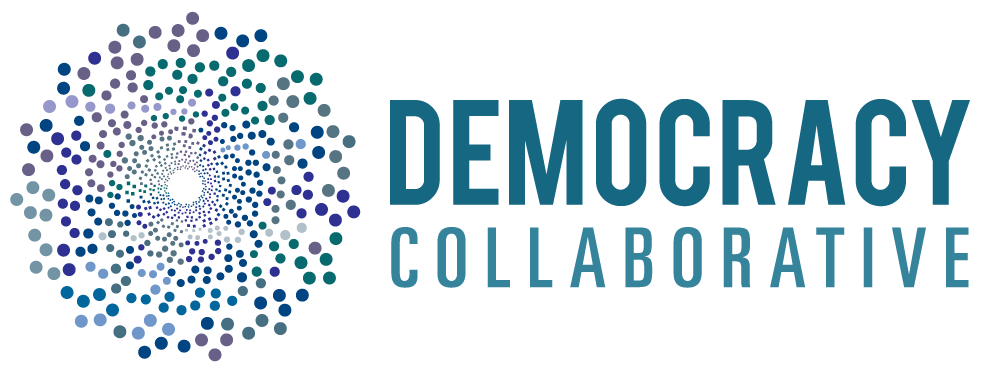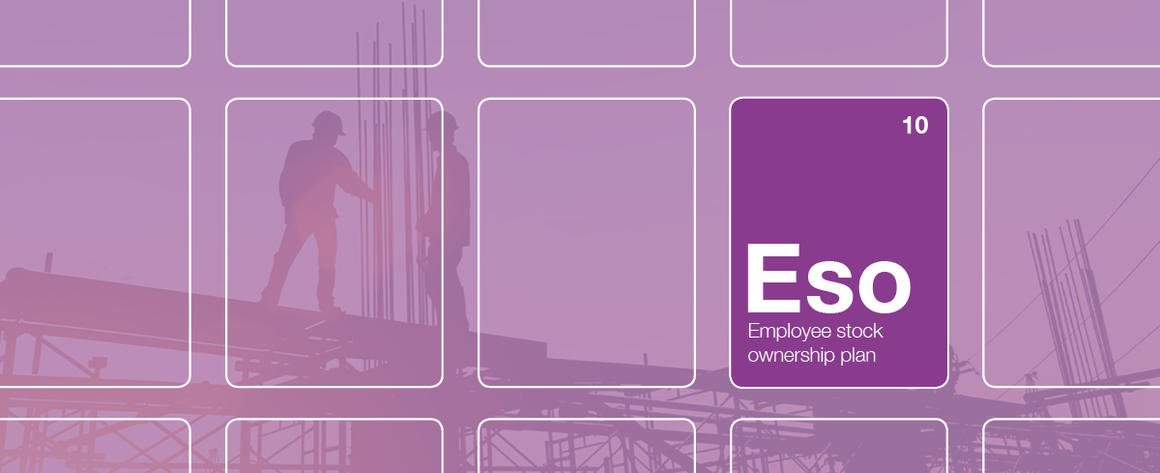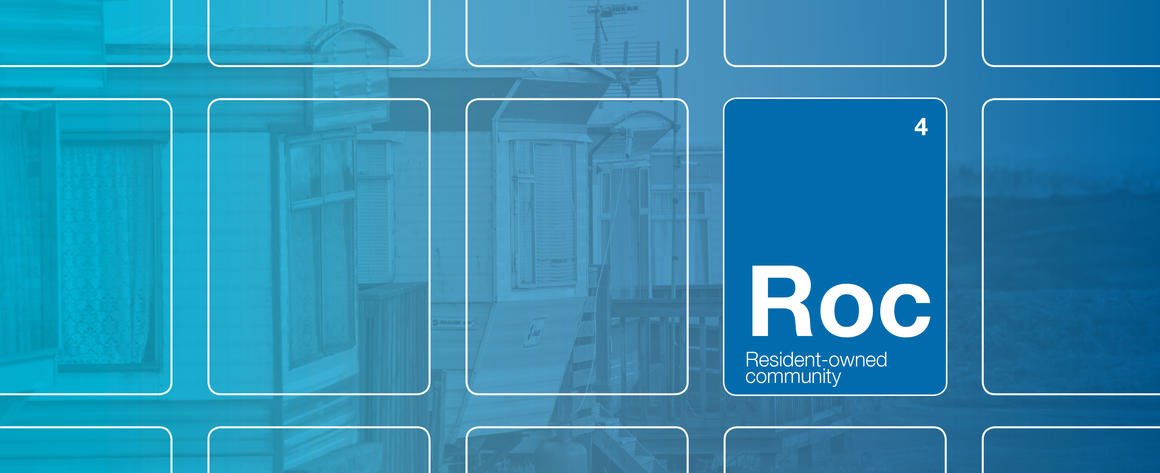Featured Publications
On this page, we feature some of our publications, including reports and books, that help to map the DNA of the democratic economy and what it will take for us to build it.
Health innovation policy for the people
This paper identifies four harms of this approach, specifically for health equity. It does not consider concerns of accessibility or affordability, defining these as health care, rather than innovation, problems. It limits the range of innovators, and also distorts innovation incentives. Finally, it tolerates harmful, and even biased, innovation.
A “new direction”: Rediscovering community wealth building in an age of gentrification
Cooperative movements and new economy advocates must pivot in a new direction that blends place and the democratic economy into a holistic solution that sustains and preserves community over the individual. Ironically, this “new direction” isn’t new.
Revisiting community control of land and housing in the wake of COVID-19
This paper looks at the current state of the US land and housing system, focusing on long-term trends around inequality, inaccessibility, and displacement, as well as the realized and potential effects of the COVID-19 pandemic. It then briefly reviews various mainstream, market-based “solutions” to the crisis and why they are largely insufficient and provides a conclusion introducing possible solutions and models to affect change.
COVID-19 and 21st century public ownership
COVID-19 has made the case for reimagining the ownership and governance of our economies on both sides of the Atlantic more urgent than ever. To meet the needs of the moment, an agenda to extend democratic public ownership is essential.
Community wealth building: The path towards a democratic and reparative political economic system
After a year of chaos and turmoil related to the COVID-19 pandemic and its social, economic, and political effects, we find ourselves faced with the question of what comes next. Down one path lies the notion of returning to business as usual, which in truth is a dangerous and impossible fantasy. There is another path, one that leads to a political economic system that might enable us all to live well and to do so within planetary boundaries. In embryo, this alternative already exists.
A Common Platform: Reimagining data and platforms
Digital platforms have proven indispensable to how we live, work, and play. The challenge is to set principles and implement policies that liberate the democratic and enlivening potential of the platform from the logic of concentrated corporate ownership and profit maximization.
Democratizing knowledge: Transforming intellectual property and research and development
We need to embed principles of democratic ownership and control to the fields of intellectual property and research and development, so that these crucial economic pillars become drivers of equity, sustainability and the common good rather than wealth inequality and concentration.
Out of Time: The case for nationalizing the fossil fuel industry
For decades, scientists have been predicting catastrophic levels of global heating if society does not change course. What is to be done in the limited time we have left? How does society put itself on a different path that will stabilize temperatures for generations to come?
Democratic digital infrastructure
We need to build a digital landscape that provides world-class connection to all and is sustainable, privacy-enhancing, rights-preserving, innovative, and democratic by design. This report makes the case for democratic public ownership of the foundational digital infrastructures of the 21st century.
The case for public ownership of the fossil fuel industry
The U.S. fossil fuel industry continues to seek bailouts during the COVID-19 crisis, as global oil demand craters and crude oil floods an already oversupplied market. We need public ownership for the people, not a bailout for fossil fuel executives.
Ownership Futures: Towards democratic public ownership in the 21st century
The Democracy Collaborative and Common Wealth is undertaking a 2020 project to explore the frontiers of public ownership in the 21st century, particularly in the areas of digital infrastructure, data and platforms, intellectual property, and land and natural resources. The lead researchers explain the urgent need for their work.
Public Banks
Public banks receive their revenue through mechanisms set by the jurisdictions that run them. They invest, lend, and provide banking services, often at below-market rates and sometimes in partnership with community banks. Their “return on investment” is measured less in financial returns and more in their success in supporting such social goods as affordable housing, neighborhood development, infrastructure, small business development, education, and job creation. In modern economies, it is lending by large commercial banks, rather than actions by the state, that creates the majority of the money supply. Public banks are a way to democratize the money-creation process and ensure that the process is used for public purposes.
Community Land Trust
With meaningful public investment & support, community land trusts can help redefine affordable housing, strengthening a culture and practice of ownership among historically marginalized communities.




















